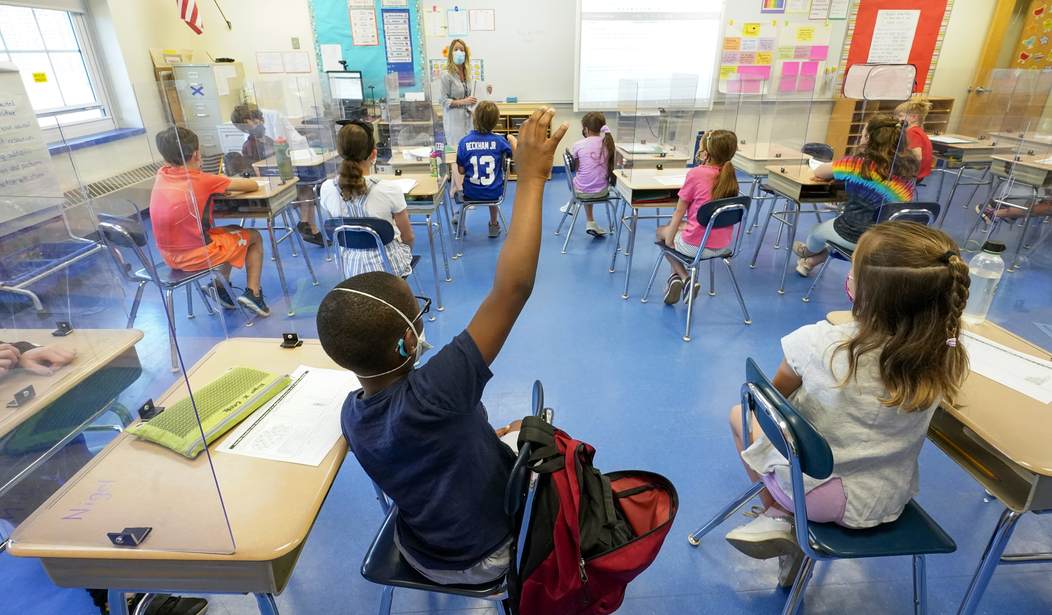New Jersey has become the first state in the nation to require all K-12 students be taught “media literacy” to fight “disinformation.”
Gov. Phil Murphy signed legislation last week that aims to help students understand credible sources, the difference between primary and secondary sources as well as news versus opinion.
“Our democracy remains under sustained attack through the proliferation of disinformation that is eroding the role of truth in our political and civic discourse,” the Democrat said in a statement. “It is our responsibility to ensure our nation’s future leaders are equipped with the tools necessary to identify fact from fiction.”
The legislation, NJ S.B. 588 (22R)/NJ A.B. 4169 (22R), received bipartisan support.
"K-12 media literacy education will empower future leaders to accurately assess information — essential in preserving our democracy in a time of disinformation," Murphy said in a tweet.
Under the new law, the state Department of Education — in coordination with a committee of school library media specialists and teachers — will develop information literacy curriculum standards each school district will have to incorporate “in an appropriate place in the [district’s] curriculum.”
At minimum, the curriculum will have to include instruction on:
— The research process and how information is created and produced.
— Critical thinking and using information resources.
— Research methods, including the difference between primary and secondary sources.
— The difference between facts, points of view, and opinions.
— Accessing peer-reviewed print and digital library resources.
— The economic, legal and social issues surrounding the use of information.
— The ethical production of information.
The State Board of Education will then have to consider the DOE’s recommendations, hold public hearings and enter the process of folding those curriculum standards into the wider state learning standards making them a requirement for every traditional public school, charter school and renaissance school in the state. (Politico)
Recommended
Republican Sen. Mike Testa, the lead sponsor of the Senate version, explained the law will help kids “weigh the flood of news, opinion, and social media they are exposed to both online and off.”
“This law isn’t about teaching kids that any specific idea is true or false," he added. "Rather, it’s about helping them learn how to research, evaluate, and understand the information they are presented for themselves."
Conservatives are skeptical, however.
Fox News contributor Joe Concha, a New Jersey resident whose children are enrolled in the state's public schools, was stunned the state essentially took up the Biden administration's now-terminated "Disinformation Governance Board."
"Here’s the bottom line without ambiguity: The government should not be involved in what is misinformation and what is not. It’s beyond subjective and will be weaponized for political power," he told Fox News Digital.
"For example, if I said even one year ago that coronavirus likely came from a lab in Wuhan China that studies coronavirus, I would be accused of spreading misinformation by Democratic leaders and the social media companies that serve at the pleasure," Concha added. "Turns out that wasn’t misinformation."

























Join the conversation as a VIP Member